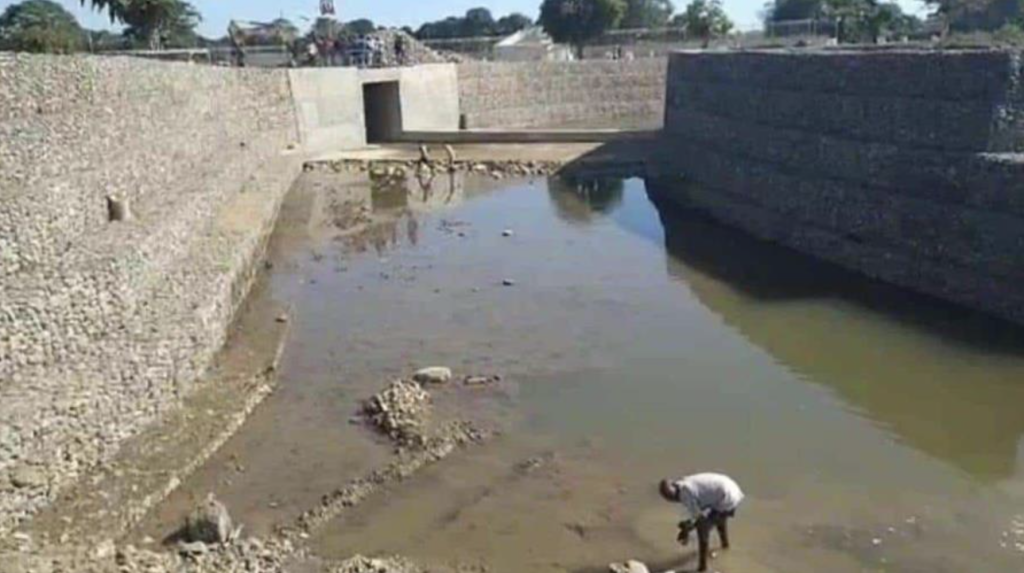
For years now, the United Nations and international experts have been alerting the next World War will be about water. Now, the Dominican Republic is dealing with the serious task of mitigating the damages that come from being the neighbor to Haiti, the social, cultural and economic basket case of the Americas.
The Dominican government carries a heavy burden in social expenditures for medical and birthing expenses of the Haitians, covering education in public schools of Haitians, and more. It is also a major employer of the Haitians, most undocumented.
Relations have been stable until the Haitians went so far as appropriating water from a river born in the Dominican Republic after the death of Haitian President Jovenel Moise.
As Haiti pays the consequences of years of soil degradation, deforestation from bad farming practices and cooking with charcoal made from trees, the water situation in that country has worsened.
The culture of victimization in Haiti covers up the decades of deforestation practices and water mismanagement in contrast to the Dominican Republic, where environmental controls and propane gas availability have made the difference.
Widespread deforestation and cultural practices such as cooking with charcoal have led to a critical water situation in Haiti. For decades, the aerial photograph of a green DR and desertic Haiti have circulated. In the Dominican Republic since the 60s, propane gas was made cheap so that the generalized practice of cooking with charcoal be discontinued.
In Haiti, governments did not take actions to make propane gas cheap so people would switch from charcoal. People continued to fell trees to prepare charcoal for cooking. In the Dominican Republic, Ministry of Environment rangers every day face the difficult task of discouraging the practice in rural communities and among indigent Haitians who relocate to the Dominican Republic as they seek their livelihood.
Now, businesspeople in Haiti decided to build a canal to divert waters from the Dajabon/Masacre River. The river is born in the Dominican Republic and enters Haiti in the Ouanaminthe area for two km before reverting its course back for another 50 km in the DR. The canal builders cut off the water source for Dominican farmers, despite being warned the construction of the canal was in violation of the 1929 international treaty. The construction of the dam had been stopped during the President Jovenel Moise government, but after his murder, it was continued with the support of the gangs.
The Dominican government responded installing water pumps at the water source. The government is covering the costly operation of the water pumps in La Vigia.
The water pumps have been effective in reorienting the water so that it can continue to benefit Dominican farmers.
In the Monday, 1 April 2024 press meeting, President Luis Abinader urged the Haitians to desist from the canal as built. He said the government will cover the cost of the operation of the pumps and in the next two weeks a lower costing electricity-based system will be in operation to reduce the cost of the diesel-run pumps to supply water as in the past to Dominican farmers.
“If they give up on that canal and we follow up on the 1929 treaty, then we can go and discuss it and attend to it according to the disposition of which part is born in their territory and in ours and a way is sought. If they do it in a civilized manner, we will look for another type of mediation. In the meantime, the La Vigía canal will continue to be turned on,” said President Abinader.
Dominican media urges funds for the replanting Haiti with trees and the providing of Haitians with propane gas for cooking as was done in the Dominican Republic in the 60s.
Read more in Spanish:
Listin Diario
Diario Libre
Diario Libre
Diario Libre
El Dia
Divaenvitec
2 April 2024

